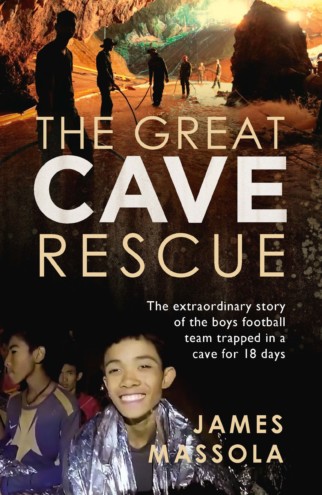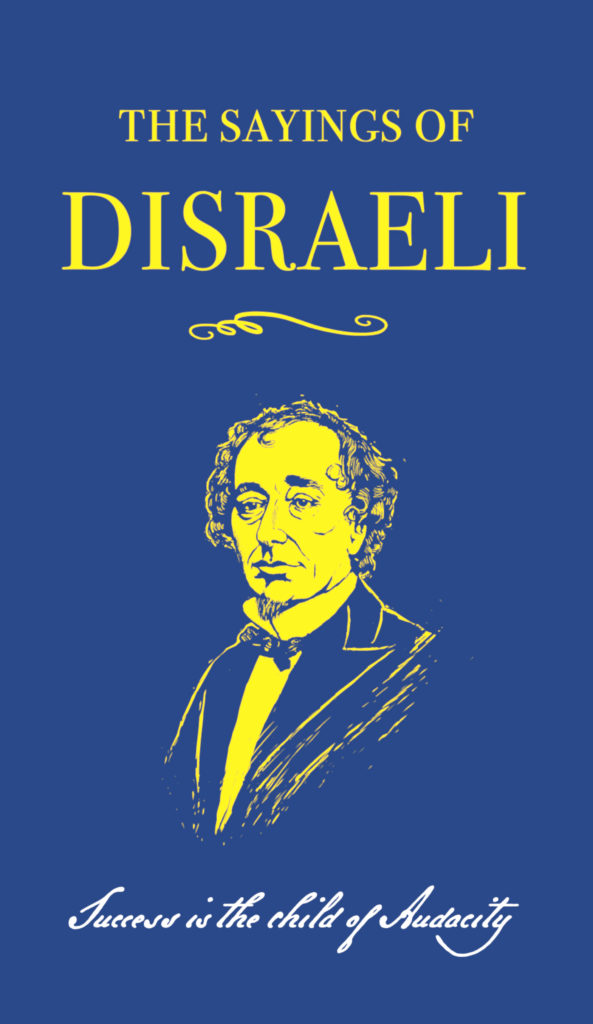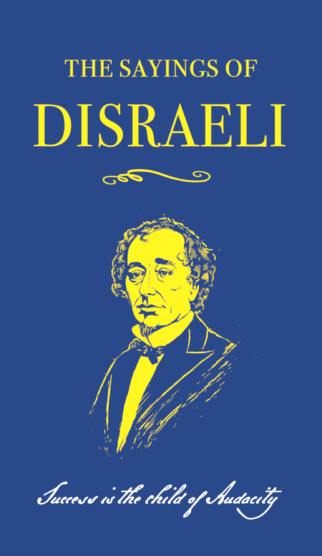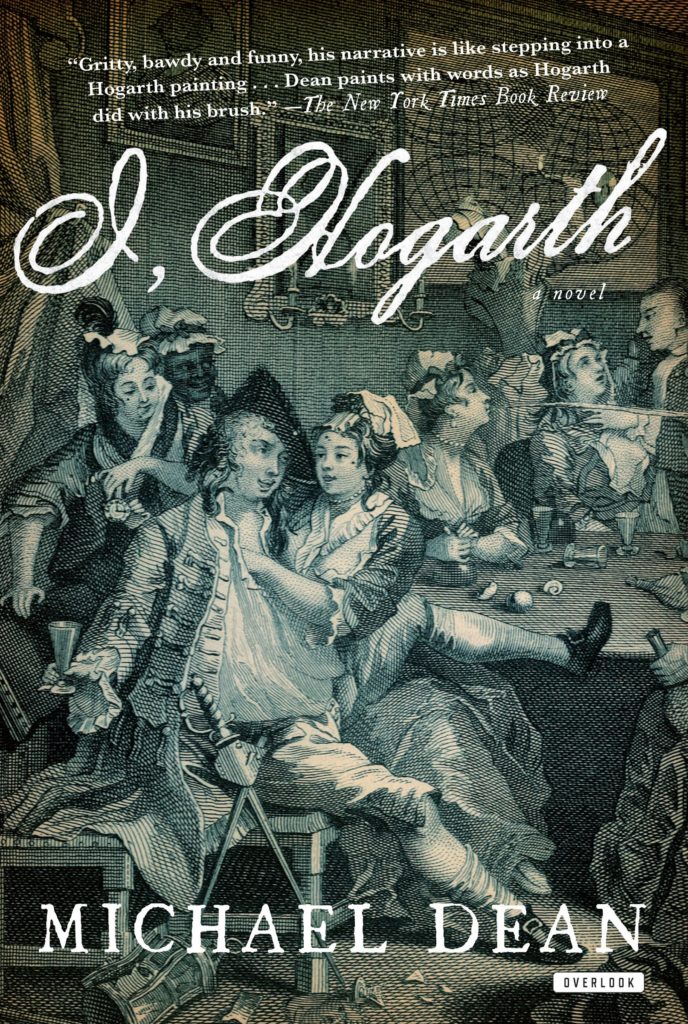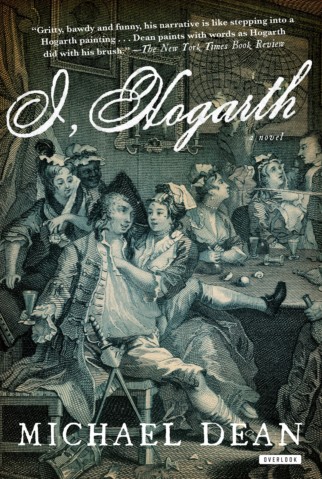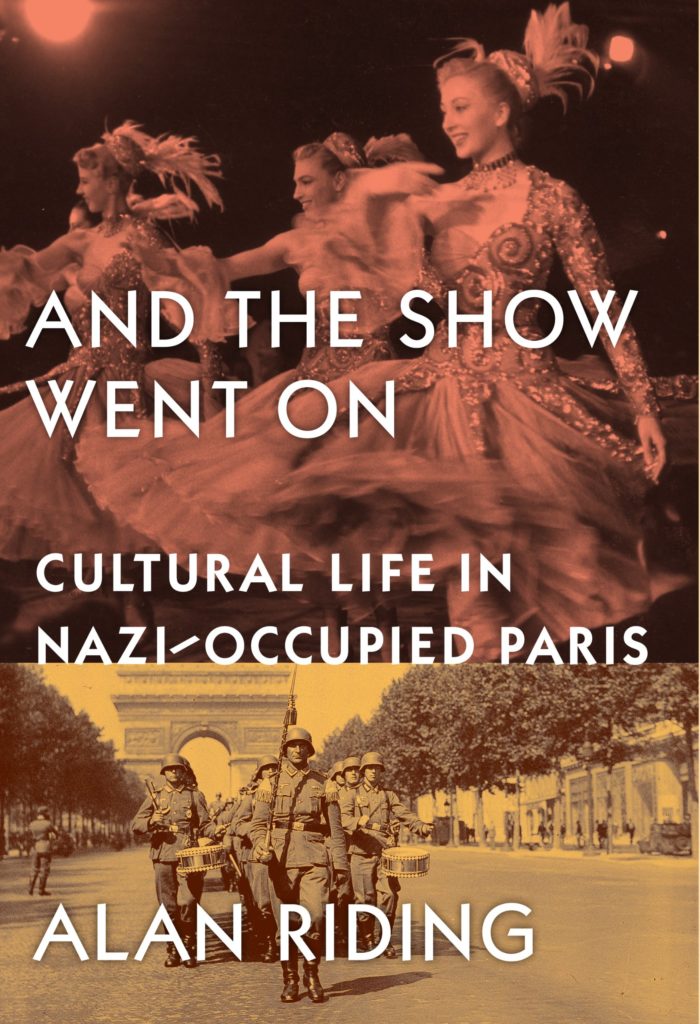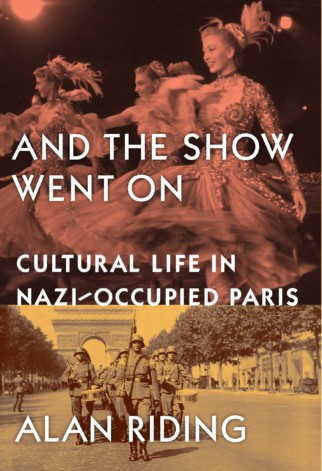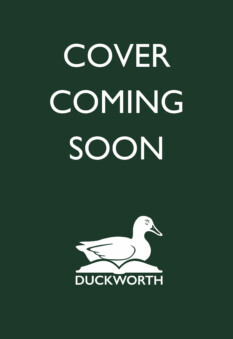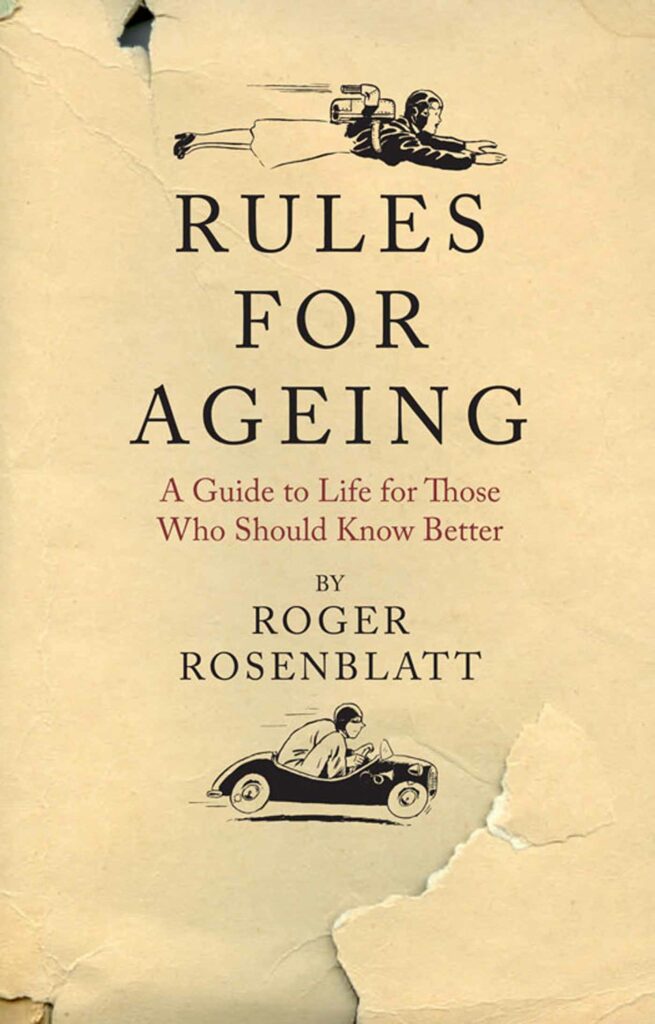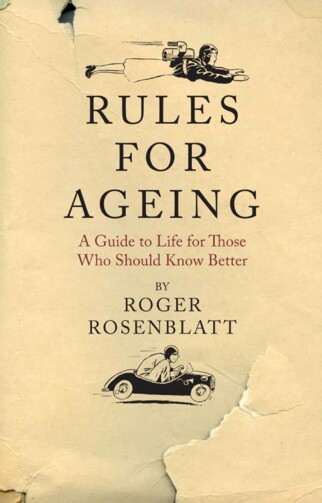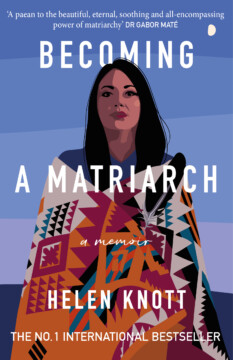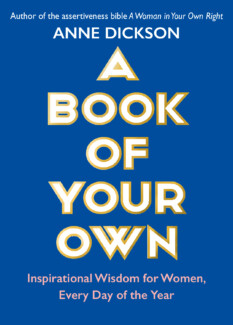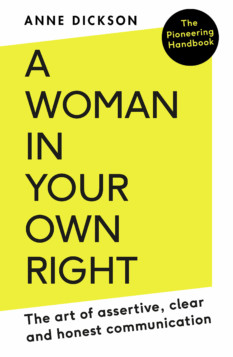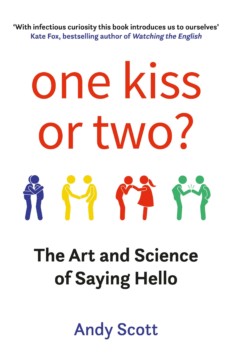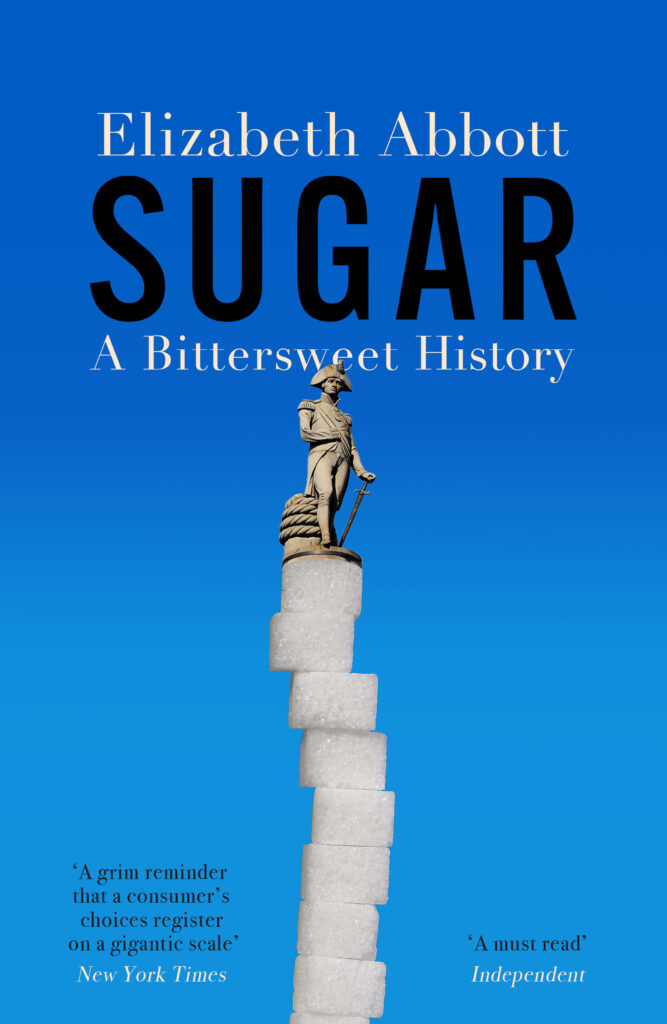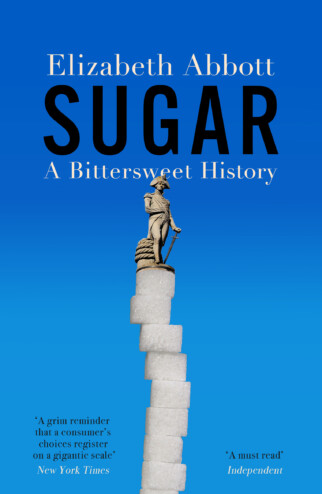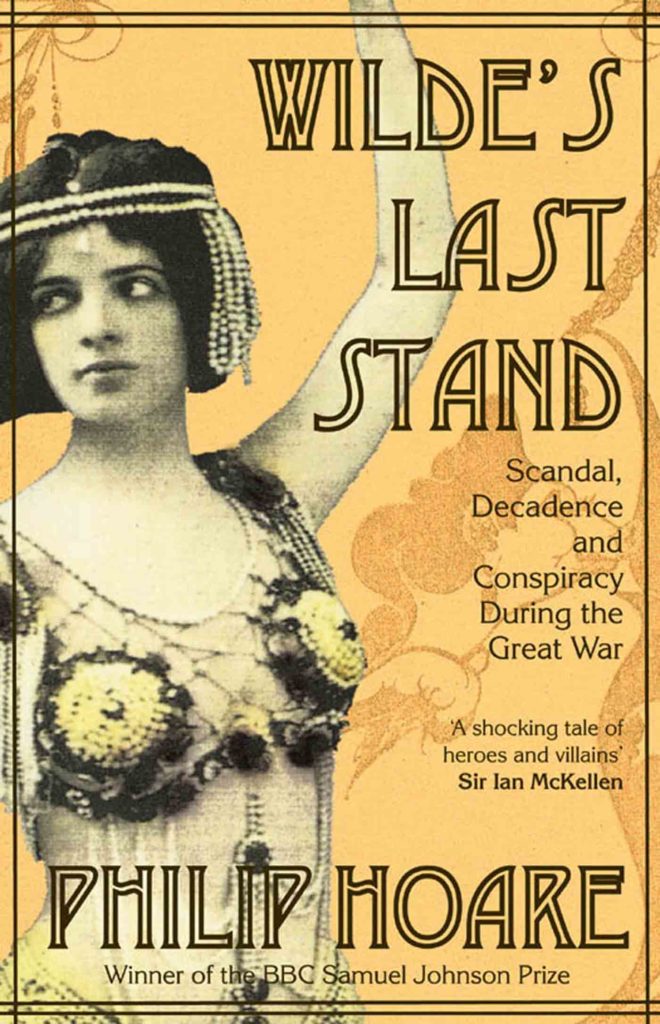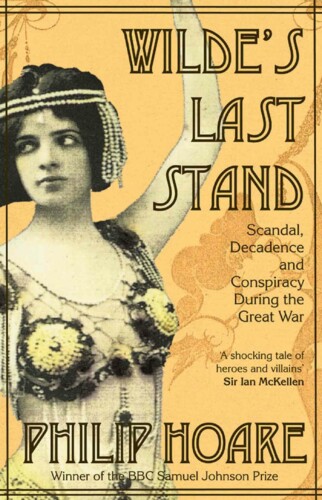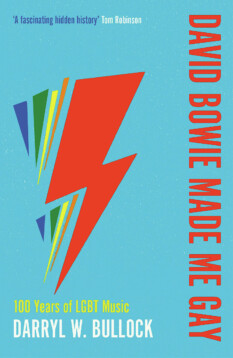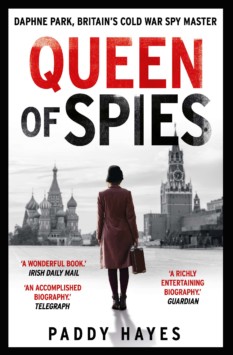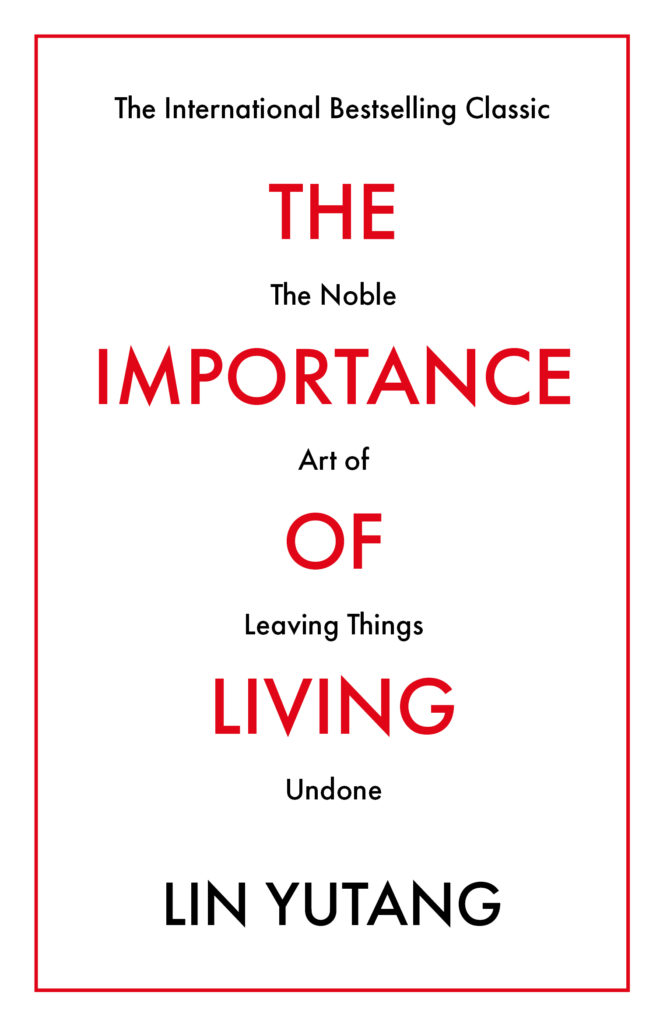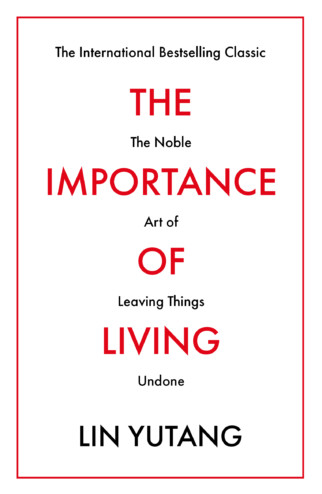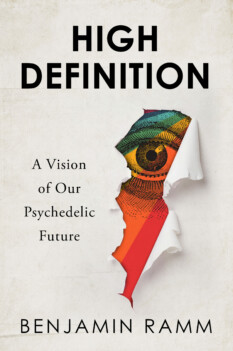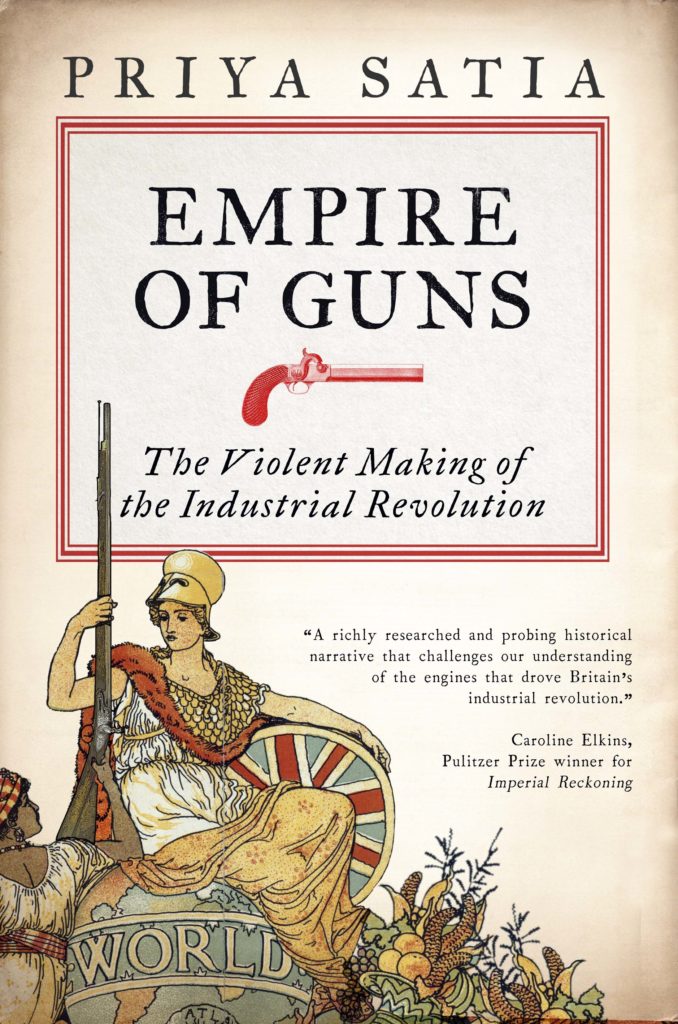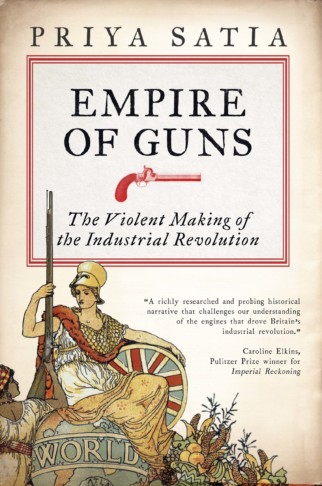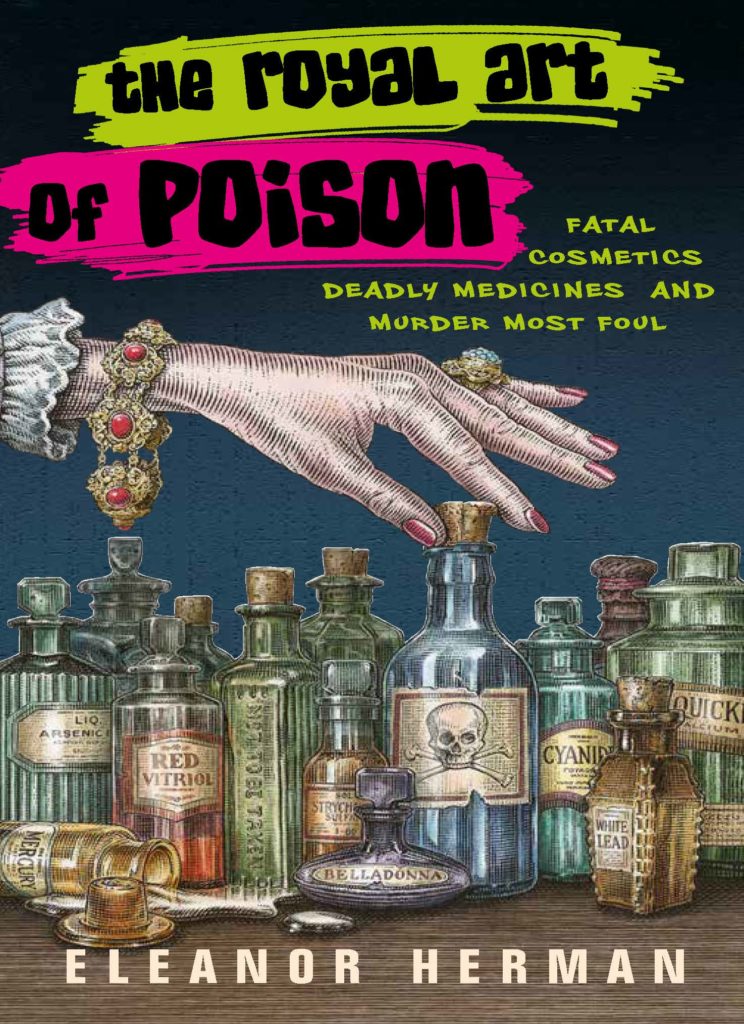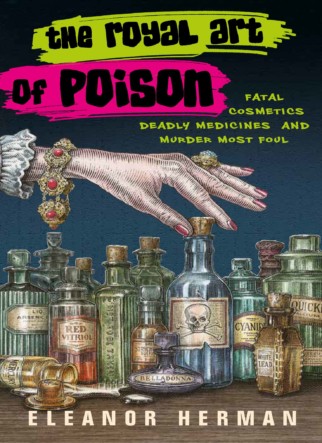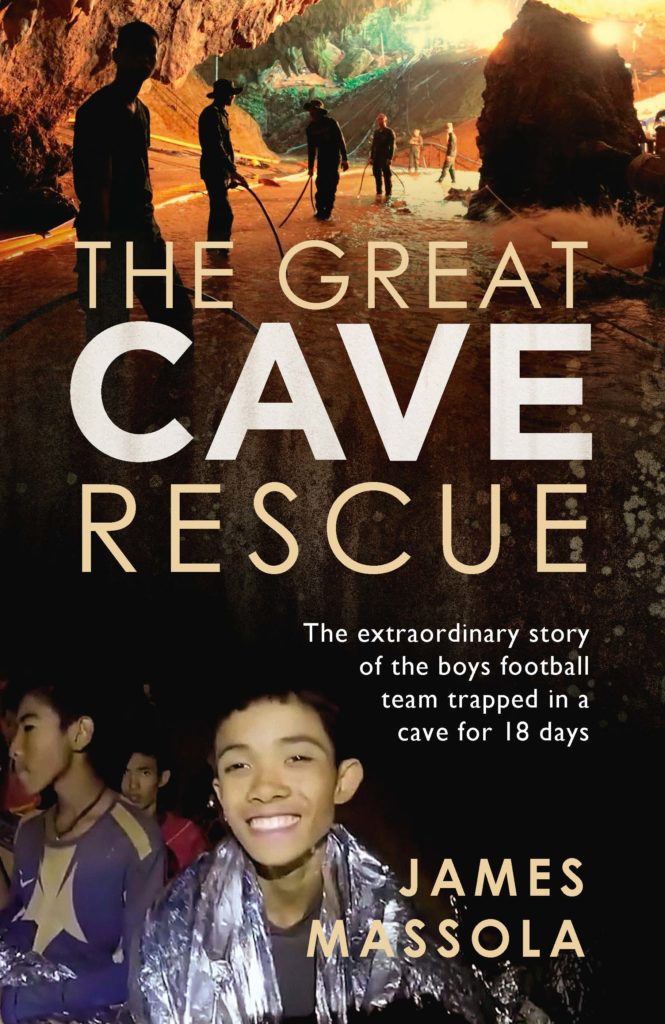
The Great Cave Rescue
James Massola
Category: Memoir & Biography,
First came the awful news that 12 boys and their football coach were missing. Then came the flickering video of the boys found by a pair of British divers nine days later.
Monsoon rains had raised the water level in the cave system, and they were trapped in an air pocket, surrounded by rising muddy water, over two kilometres from the cave entrance. Expert British, Australian, American, Chinese, and other international divers joined the Thai Navy SEALs and hundreds of local volunteers to mount one of the most risky and complex rescue operations the world has ever seen.
South-east Asia correspondent James Massola recreates the drama, tension, and inspiration of the days in July 2018 when the eyes of the whole world were trained on a remote Thai mountain. Very little information about what happened inside the cave was released by the Thai authorities at the time, but through interviews Massola has managed to obtain extensive details of the nine long days the Wild Boars were on their own and during the rescue operation itself as well as background information about the boys and coach.
He writes about the pivotal role of the British Cave Rescue Council in leading the international effort, and determining the technical aspects of the rescue. He reveals how the Thai, British, US, Australian and other international divers worked together so smoothly, when even a minor miscommunication could have resulted in death or serious injury. And, most dramatically, he discloses the number of instances in which the rescue operation nearly went wrong.
